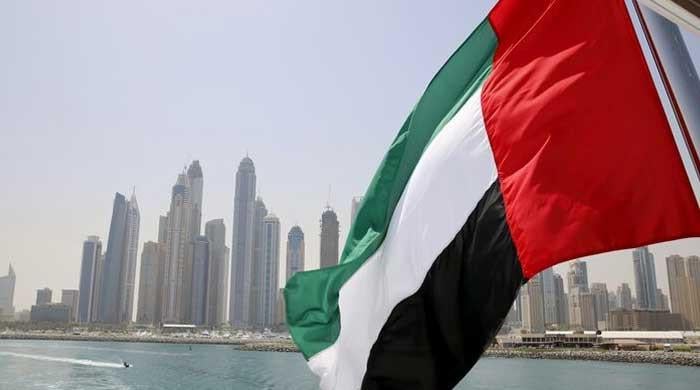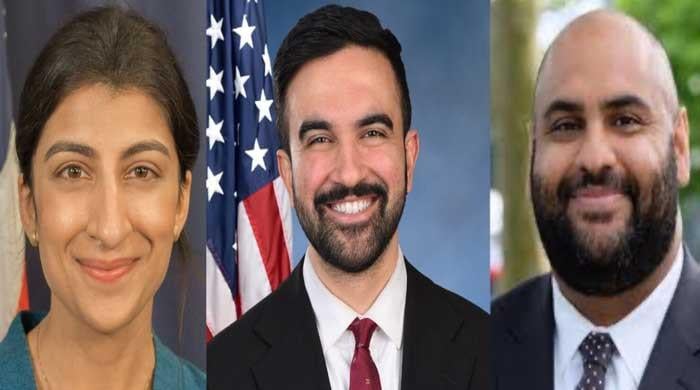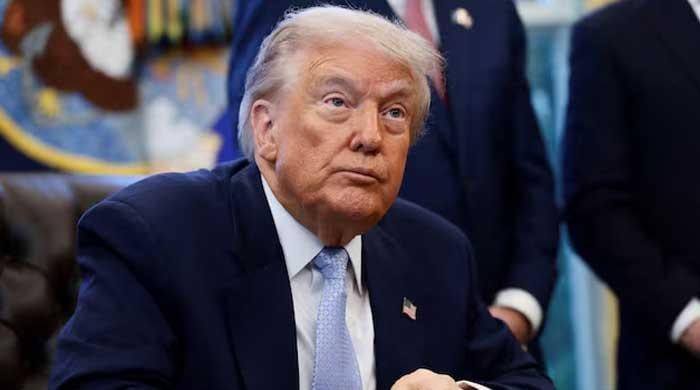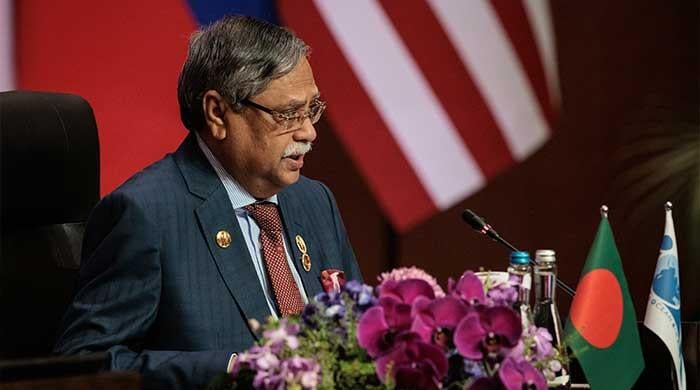3-day ceasefire begins ahead of possible Afghan government, Taliban talks
President Ashraf Ghani and Taliban have both signalled that peace talks could begin straight after Eid
July 31, 2020
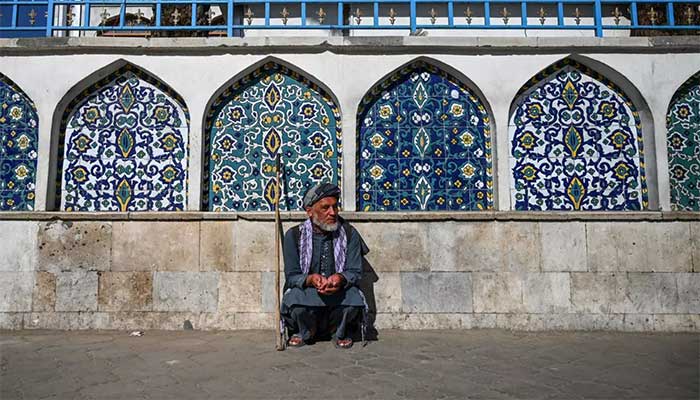
KABUL: A three-day Eid ceasefire between Taliban and Afghan government forces began on Friday with hopes it may lead to possible peace talks between the two.
A car bomb that killed at least 17 people in the country's east just hours before the truce came into effect underlined the scale of the challenge that lies ahead, although the Taliban denied any involvement.
The halt in fighting is slated to last for the duration of Eid-ul-Adha and is only the third official truce in nearly 19 years of war.
"We want a permanent ceasefire from the Taliban as they are the ones who paved the way for other terrorist groups to operate in Afghanistan," Mohammad Tahir, a taxi driver, told AFP after offering Eid prayers at a Kabul mosque.
As the ceasefire commenced, hundreds of worshippers went to mosques across the capital where they were patted down by armed guards before offering prayers inside.
There were no immediate reports of any fighting in the country.
President Ashraf Ghani and the Taliban have both signalled that peace talks could begin straight after Eid, and there are widespread calls for the warring parties to extend the ceasefire.
Afghan president orders release of 500 Taliban inmates
Afghan President Ashraf Ghani ordered the release of 500 Taliban prisoners on Friday as part of a new ceasefire that could lead into long-delayed peace talks.
Ghani said they would be freed during the Eid-ul-Adha holiday, which started Friday and has prompted a national ceasefire for three days.
The release would complete the government´s pledge to free 5,000 Taliban fighters as outlined in a deal the insurgents signed with Washington, he said.
"To show goodwill and accelerate the peace talks, we will release 500 Taliban prisoners in response to the group's three-day ceasefire announcement," Ghani said in an Eid speech.
However, the 500 inmates are not on the original list of 5,000 demanded by the Taliban.
Kabul authorities have already released 4,600 of those prisoners but are hesitating about the release of the final 400, deeming them too dangerous.
"I do not have the right to decide on the release of those 400 Taliban prisoners who are accused of serious crimes," Ghani said, adding that a gathering of Afghan elders would decide their fate.
The US-Taliban accord signed in February stipulated Kabul would release 5,000 insurgents in return for 1,000 government forces held captive by the militant group.
Late Thursday, the Taliban claimed they had completed the release of all 1,000 government prisoners.
The contentious prisoner swap is a key precondition for peace talks.
Both Ghani and the Taliban signalled this week they were ready for talks after Eid, provided the prisoner swap is complete.




